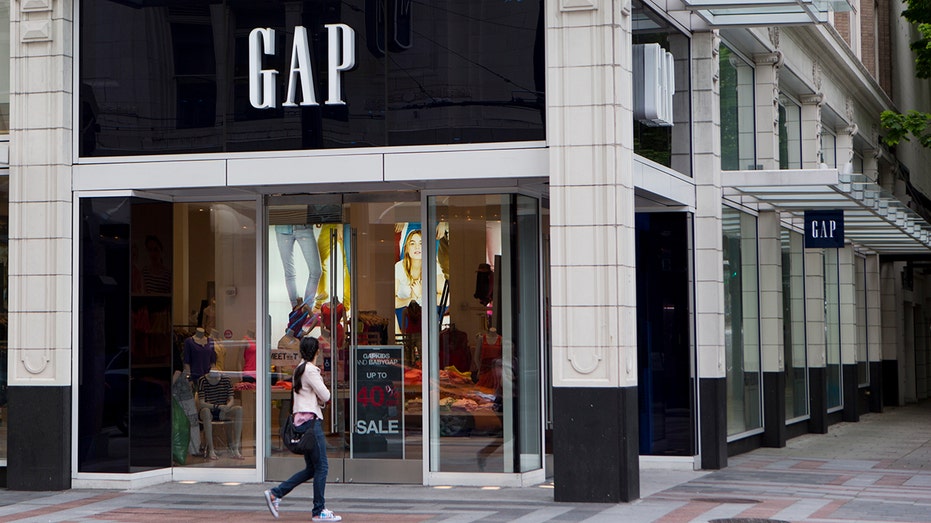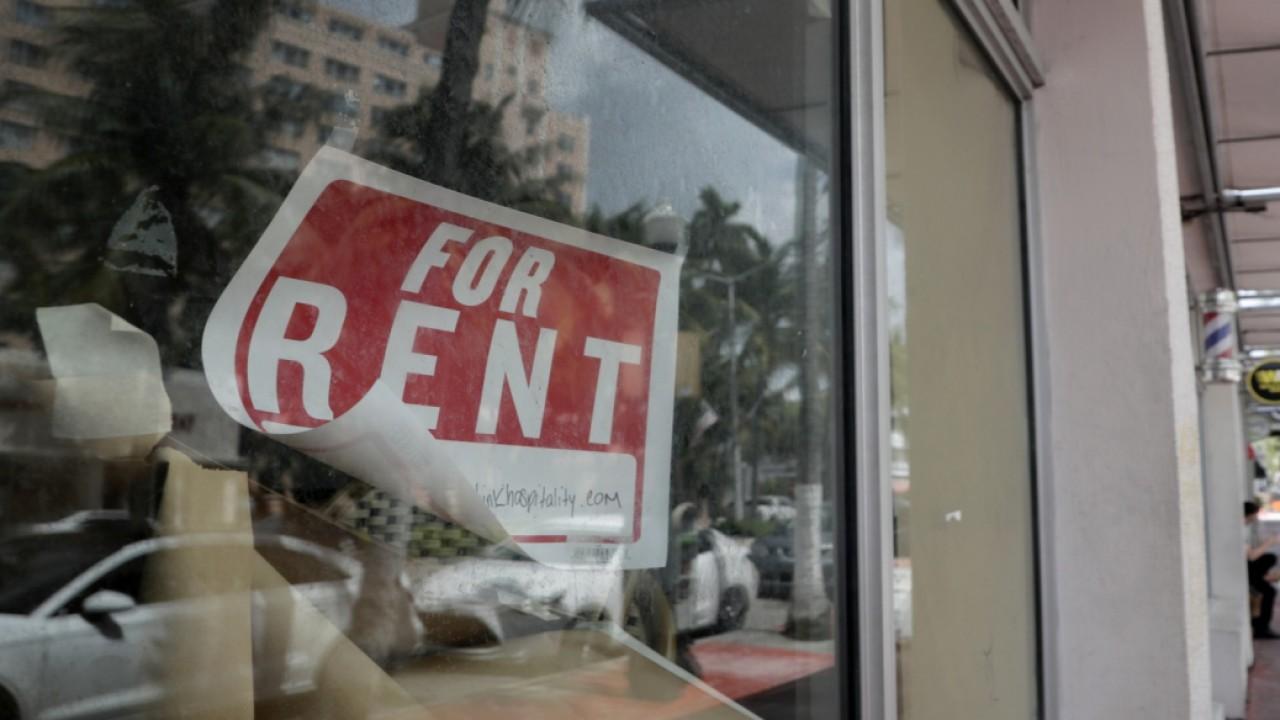Consumer spending rises, but recovery is restrained
Household spending rose in June but appears to have weakened in recent weeks
Consumers increased spending 5.6% in June but appear to have pulled back since then, restraining the economy's recovery from the coronavirus outbreak
Americans' ability and willingness to spend will largely determine the economy's path in the coming weeks and months.
Household spending reflects two-thirds of economic demand in the U.S. A sharp drop in spending -- tied to business closures and fears of the virus -- was the biggest reason the U.S. economy contracted at a record rate in the second quarter.
FED'S POWELL SAYS US ECONOMY MAY NEED MORE POLICY HELP TO AVOID 'PROLONGED' RECESSION
Americans reduced spending on things such as doctors' visits, dining and vacations.
Economists believe households boosted spending in June, at the end of the second quarter, which would mark the second consecutive monthly increase. But the growth almost certainly wasn't large enough to make up for the sharp drop in spending earlier this spring caused by the coronavirus pandemic.
Household incomes also likely dipped last month, as worker layoffs remained high and the effects of federal stimulus payments faded. Extra unemployment benefits that have pumped billions of dollars a week into workers' pocketbooks will expire at the end of July without action from Congress.

"Seattle, Washington, USA - May 27, 2012: A woman looks at a promotional offer inside The Gap store, located in downtown."
A recent rise in virus infections in several big states, including California, Florida and Texas, led to a new round of business closures with many people staying home, weighing on spending.
"The outlook for the economy will be very much dependent on whether the infection rates in the U.S. come down reasonably quickly and whether the confidence can be restored," said Madhavi Bokil, a vice president at Moody's Investors Service.
NEARLY HALF OF US JOBS LOST TO CORONAVIRUS COULD BE GONE PERMANENTLY, POLL FINDS
One hopeful sign: Households overall have built up savings. That strengthens them financially and could lead to a burst in spending once a vaccine emerges. The personal savings rate soared to 25.7% in the second quarter from 9.5% in the first quarter, the Commerce Department said Thursday.
Despite high unemployment -- the jobless rate was 11.1% in June -- Americans' finances have been boosted by stimulus checks of as much as $1,200 for individuals and $600 a week in unemployment money on top of normal jobless benefits.
Consumers such as Steve de Man are returning to the marketplace slowly. The 38-year-old financial services professional in Austin, Texas, went to a local Starbucks a week ago for the first time in four months. He recently had his first meal at a restaurant -- sitting outdoors -- for the first time since the pandemic.
When he compared his credit-card statement from last year, he saw he spent significantly less. He has put savings in investment accounts and fueled his obsession with historic artifacts. This week he received his latest purchase from eBay: an autograph from Sandra Day O'Connor, the retired Supreme Court justice.
FED UNDERSCORES SUPPORT FOR ECONOMIC RECOVERY THREATENED BY VIRUS RESURGENCE
"I've been venturing out -- still to be cautious, safe -- but doing things that in March and April and May were kind of unthinkable," he said. "I'm starting to think about vacation again." He may visit Wyoming this fall.
Mr. de Man knows he is lucky because he kept his job and has been able to work from his apartment during the pandemic. Millions of others have lost their jobs and are living off unemployment benefits, including the $600 weekly boost.
Congressional leaders are debating whether and how to extend the benefit as part of a broader coronavirus-relief bill that could reach $1 trillion. Economists say the expiration of the benefit could reduce spending and slow the economic recovery.
Even with the federal aid, many are barely hanging on. Brigette Aranda, 35, of Naples, Fla., said she has been doing everything she can to reduce her family's expenditures, including driving less, trying not to use the air conditioner and unplugging objects around the house.
CORONAVIRUS-RELATED SOCIAL SECURITY FEARS WEIGH ON RETIREMENT PLANNING
On a recent day the single mother of five said she had $3 in the bank. She said she has spent $2,500 in savings and was unable, as planned, to buy her son a car to celebrate his graduating from high school and getting a full scholarship to college.
"I'm literally about to be without money," Ms. Aranda said. "I'm praying." Without the $600 federal benefit, she said her unemployment benefits are $247 a week.
Until recently, Ms. Aranda worked at a restaurant as a server and bartender, earning around $900 in a good week, as well as $320 a week for part-time secretarial work at a local school that has since dried up.
CORONAVIRUS PUTS FULL SOCIAL SECURITY BENEFITS AT RISK YEARS EARLIER THAN EXPECTED, RESEARCHERS SAY
There are broad signs consumers again pulled back this month. Credit- and debit-card transactions were flat this month after rising in May and June, according to a JPMorgan Chase & Co. tracker. Spending at restaurants also stalled this month, according to data by Facteus.
Households could also become further strained if unemployment rises again. Weekly initial jobless claims -- a proxy for layoffs -- had steadily fallen from April through early July but have risen the past two weeks, the Labor Department said Thursday. The Census Bureau said in its latest weekly Household Pulse Survey that slightly over half of households lost employment income in the week ended July 21, up from a month earlier.
Write to Josh Mitchell at joshua.mitchell@wsj.com and Te-Ping Chen at te-ping.chen@wsj.com
GET FOX BUSINESS ON THE GO BY CLICKING HERE




















